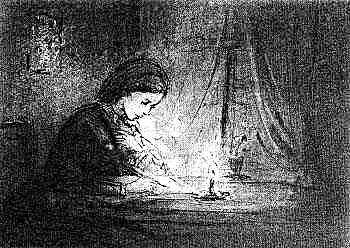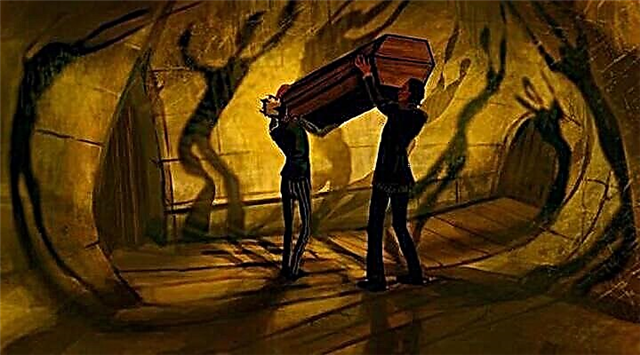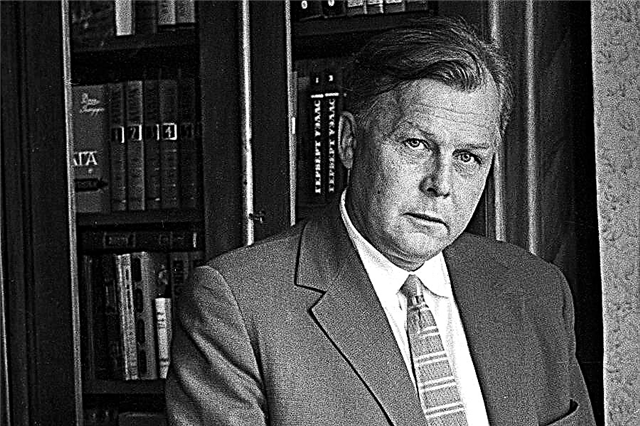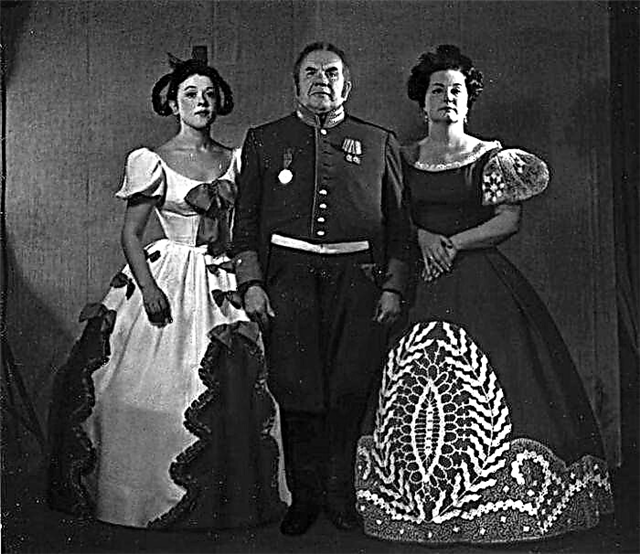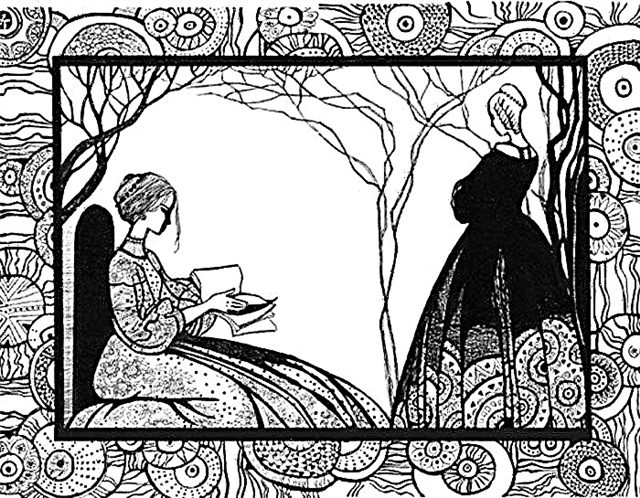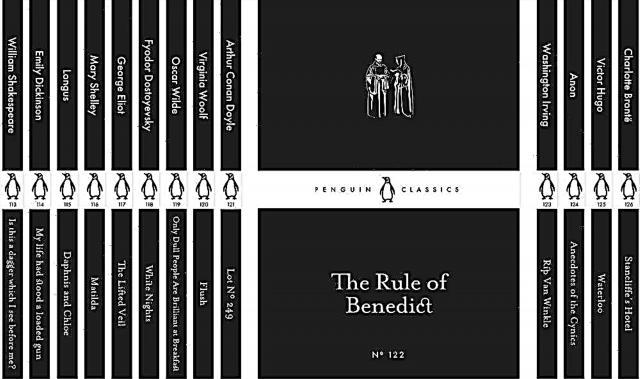Gogol’s comedy “Marriage” is satirical. It makes fun of the character traits of the heroes, their personal characteristics, individual social phenomena. It consists of only two acts, the plot is simple. The protagonists of the play do not just want to tie the knot, but in everything they seek only profit. This topic is relevant to this day. We hope that a very short summary from Literaguru for the reader's diary will help you better remember the main events of the play.
(236 words) Ivan Podkolesin is an outlandish adviser who decided to marry. Upon learning of this, his friend Kochkarev decides to help him with his marriage by all means. It was easy to put pressure on Ivan, because he was an indecisive, gentle man, so it was not difficult for his friend to persuade Podkolesin to go and see his bride.
Fekla Ivanovna - the matchmaker, in addition to Ivan, picked up five more grooms for the bride Agafya Tikhonovna. So, all six came to marry one day. At first, Ivan liked Agafya, but when other applicants began to criticize her appearance, he sharply changed his mind. In addition to everything, it turned out that the bride did not speak French, which very upset Podkolesin, although before that he did not care at all. Somehow Kochkarev manages to convince a friend that the other suitors only slander Agafya in order to avoid competition.
Kochkarev assures Agafya herself that Ivan Podkolesin is the best candidate for the place of the groom. But that is not all - he later proposes to her on behalf of his indecisive friend. The girl agrees, after which the bride and groom decide to immediately get married. Ivan is very grateful to a friend for his help and now discusses how wonderful it is to be a married man and what a stupid thing to refuse such happiness. However, after a little reflection, Podkolesin again thinks about how serious this is and what responsibility awaits him after the wedding. Frightened, he decides to jump out of the window so that no one sees him and leave. Everyone else is preparing for the holiday, so they do not immediately notice the absence of the groom, and when they still discover the loss, it is too late.


 The years of wandering Wilhelm Meister
The years of wandering Wilhelm Meister